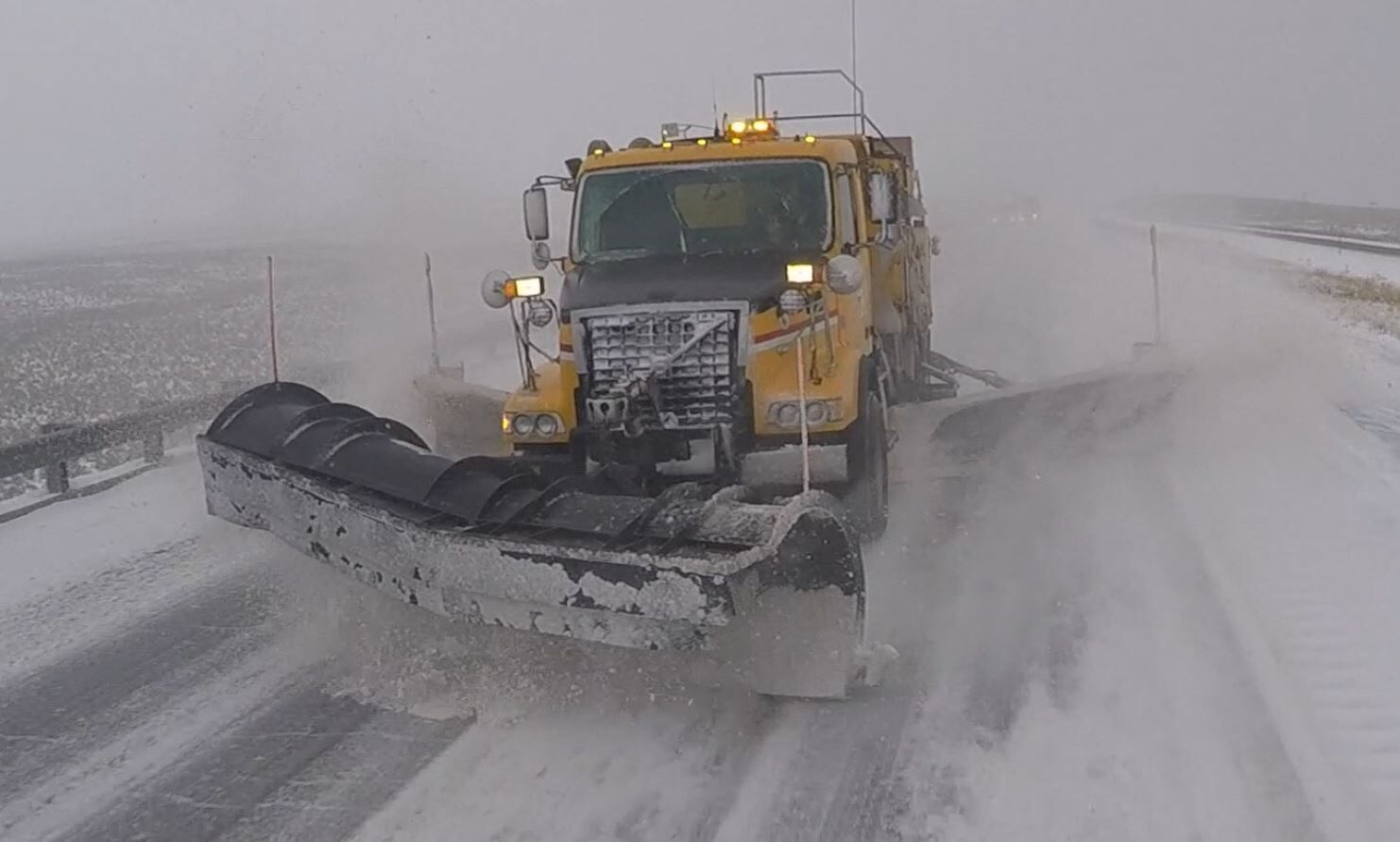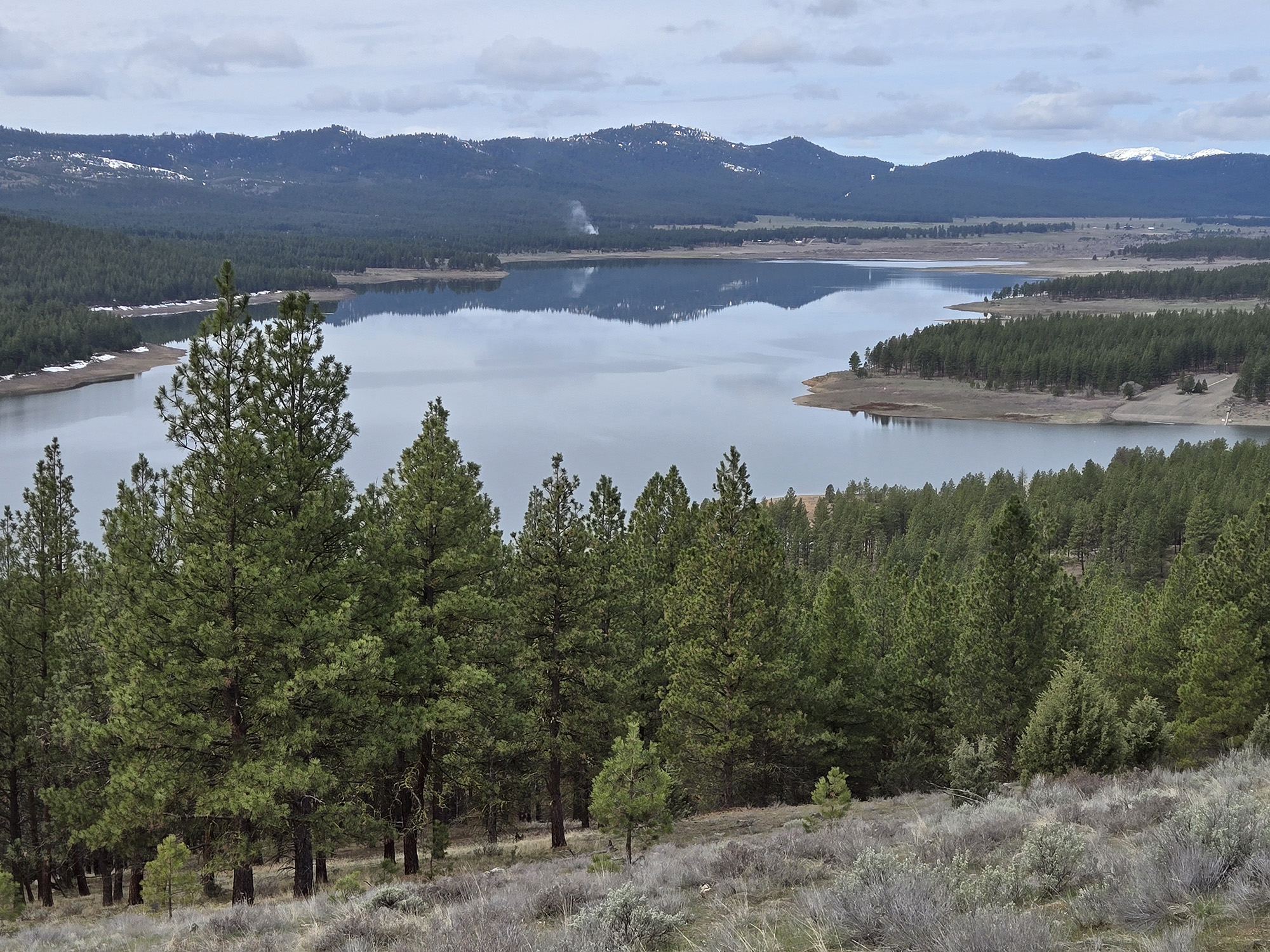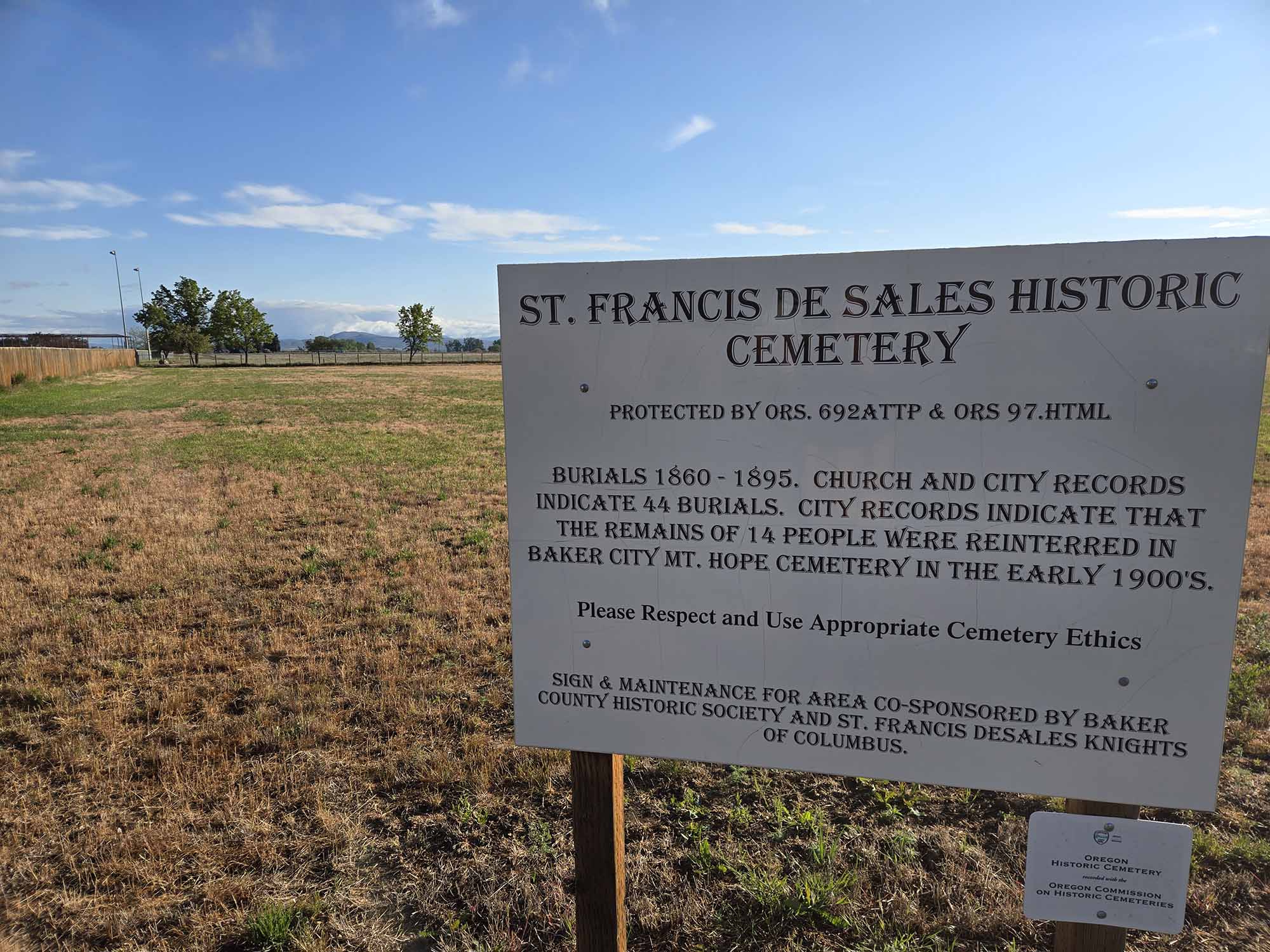Business & Ag Happenings
Published 8:00 pm Wednesday, September 23, 2020
Union mini mart rejects mask ordinance
UNION — Falk’s Mini Mart in Union posted a sign Sept. 15 stating the store will not enforce mask mandates. The two-page sign stayed up for about a week before someone reported it to Oregon’s Occupational Health and Safety Administration.
Dennis Falk, the store’s owner, said the state agency told him to take down the sign or face a fine.
“I guess there is no being a free American anymore,” Falk said.
The sign in the store’s front window said: “As of 9/15/20, the day the mask request was to end ‘but’ (Gov.) Kate Brown extended it to 11/3/20. So masks are still required until then. We are asking you to be free Americans! Make your own educated decision on if you need a mask or not. We will not force you to put one on. It is not our place to go against your freedom as Americans!!!”
Falk said he put up the sign because he was tired of the mask mandate and how political everything with COVID-19 had become. The store also has political stickers on its door in support of President Donald Trump’s reelection and recalling Brown. Falk took the sign down Tuesday, Sept 22.
There is a page regarding the face covering mandate at the entrance on one of the drink coolers in the store.
Island City Walmart pulls back on COVID-19 measures
ISLAND CITY — The Walmart in Island City has pulled back its COVID-19 restrictions.
The shopping center at 11619 Island Ave. reopened its second entrance and removed one-way aisles in the store.
At the start of the pandemic the store closed its home and pharmacy entrance and initiated one way passages with directional stickers on the floor. The store announced the changes Monday, Sept. 21, on its Facebook page.
The Walmart store still is requiring customers to wear masks.
Cattle producers looking at $2.8 billion in CFAP assistance
WASHINGTON — Cattle producers are expected to receive $2.8 billion in additional funding announced last week through USDA’s Coronavirus Food Assistance Program.
That would put cattle producers’ share at 20% of the up to $14 billion in additional funding for agricultural producers, according to USDA’s cost-benefit analysis of CFAP 2.
“We’re thrilled that more assistance is going to be made available for our cattle producers,” Danielle Beck, National Cattlemen’s Beef Association executive director of government affairs, said.
Payments will be $55 a head and based on a producer’s highest owned inventory on a date selected by the producer from April 16 through Aug. 31.
There are some nuances with the program, however. Breeding stock of cows and bulls, as well as cull cows, will not be eligible, she said in the latest “Beltway Beef” podcast.
The payment limit for CFAP 2 is $250,000 per individual, with provisions for corporations, limited liability companies, limited partnerships, trusts and estates.
To be eligible, a person’s or legal entity’s adjusted gross income can’t exceed $900,000 — using the average for the 2016, 2017 and 2018 tax years. Producers exceeding that limit may be eligible if 75% or more of their total adjusted gross income comes from farming, ranching or forestry related activities.
Producers can apply for CFAP 2 from Sept. 21 to Dec. 11 through the Farm Service Agency at their local USDA Service Center or online at https://www.farmers.gov/cfap .
Producers who applied for CFAP 1 will not automatically be signed up for CFAP 2. Producers did not have to participate in CFAP 1 to participate in CFAP 2.
FSA county offices will process applications as they are received. Program approval will be handled at the local level, and payments will be made shortly after applications are approved.
EOU celebrates small business week
LA GRANDE — The Small Business Development Center at Eastern Oregon University, La Grande, is spotlighting small businesses for National Small Business Week.
Ed Henninger, dean of the College of Business at the university, said in a press release small businesses are job creators that fuel our regional and state economy.
Suzannah Moore-Hemann of the Union County Chamber of Commerce said in the release the small businesses in downtown La Grande and in outlying communities are trying to work together to support EOU students and recognize the university “is a huge asset to the community.”









